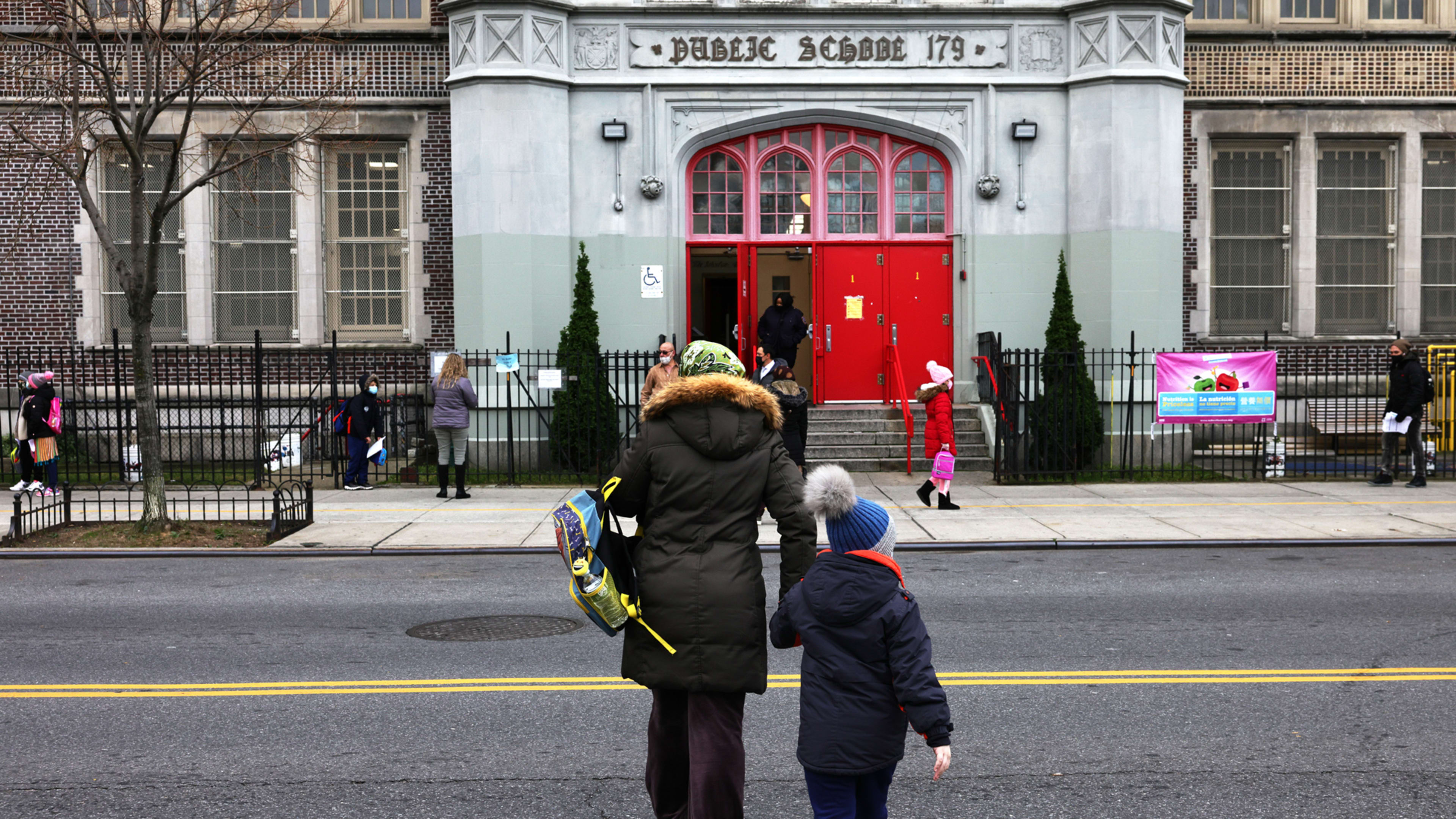At some point in the last 12 months, every parent had the same realization: Schools are absolutely critical to daily life. Although schools are often reduced to grades and test scores, the value of hot meals, safe spaces to play, friendships, time away from the family unit, and more, have all been underscored by school closures.
Parents who were fortunate enough to maintain their income, work remotely, and have reliable internet connection were able to scrape by. But families who did not have these resources suffered immensely. Millions of children simply did not attend any form of school at all, often due to a lack of internet or a laptop.
The significant number of black and brown people, immigrants, and women who fit into the “unfortunate” category is another layer of evidence that our society is fundamentally flawed. COVID-19 has inflicted serious damage upon our healthcare system and our economy, but the burden is being felt by people who have traditionally been excluded from advancing in our society, widening gaps that already existed. We cannot allow this to keep happening.
If the pandemic has offered us one opportunity, it is to seriously rethink every aspect of our daily lives. It is becoming more and more clear that COVID-19 will be with us forever, and we cannot simply hit the reset button and go back to normal.
Reimagining our schools
As we go about rebuilding our society for a new day, it is absolutely critical that we focus our efforts on healing the wounds for the people who suffered most. There is no better place to start than schools, which are long overdue for an overhaul already. At the very least, reopening schools will give many parents—especially women—an opportunity to get back into the workforce.
However, if black families, single mothers, or immigrants are not prioritized in this process, we will rebuild an exclusionary society. We can embed equity and empathy into our culture by reimagining schools with these core values. Mildly put, in a society designed by wealthy white men, there are a lot of blind spots.
While reopening safely is an issue every business and gathering place in America will have to face, reopening with equity is an issue every business and gathering place should also confront directly. Once again, we can start by focusing on schools. Schools should be centers for innovation, honoring students as stewards of the world they are about to grow into and inherit.
Engaging the community
In many ways, districts have already been forced to innovate and meet the needs of their community as much as possible. Without a federal strategy for dealing with COVID-19, we have unintentionally created thousands of experiments, as school districts were left to their own devices. The work of engaging communities at a local level has already begun out of necessity. We need to follow that lead.
The best starting point is to elevate people in those communities who are already doing the work. We need to listen to the problems of people in the worst situations, uplift them as leaders of our new reality, and genuinely work to address the issues they face. This isn’t the type of work we can do with surveys and consultants; it is direct, honest, vulnerable work that requires a significant amount of empathy. It will be difficult, but surely nothing will be as hard as the last 18 months.
Throughout this school year, we’ve seen numerous examples of schools coming together in ways they never have before. At Napier Elementary School in Nashville, TN, parents sewed masks for students who couldn’t afford them. In Philadelphia, PA, Mariana Bracetti Charter School created safe spaces for students to process a violent aftermath to Walter Wallace’s Jr’s killing.
The point is, people on the ground doing this work have already operated in ways we’ve never seen before. These leaders are best positioned to find solutions for their communities.
There have been some small signs of progress already. The College Board, which administers the SAT college entrance exam, recently announced they are dropping the essay section and subject matter tests during the pandemic. One of the primary reasons for these changes are concerns about equity.
Everyone can agree that we need to reopen schools, but this case, how we do so makes all the difference. Rebuilding what we had before would be a grave mistake.
The pandemic has made clear what our issues are. Now is the time to make a difference.
Sara LaHayne is the founder and CEO of Move This World, a leading social emotional learning program designed to help families, students, and educators develop emotional intelligence skills for long-term wellbeing. A life-long dancer and previous professional performer, the mother of two little girls was a Fulbright Scholar in Bogotá, Colombia when she authored, implemented, and evaluated the original Move This World curriculum.
Recognize your brand’s excellence by applying to this year’s Brands That Matter Awards before the early-rate deadline, May 3.
